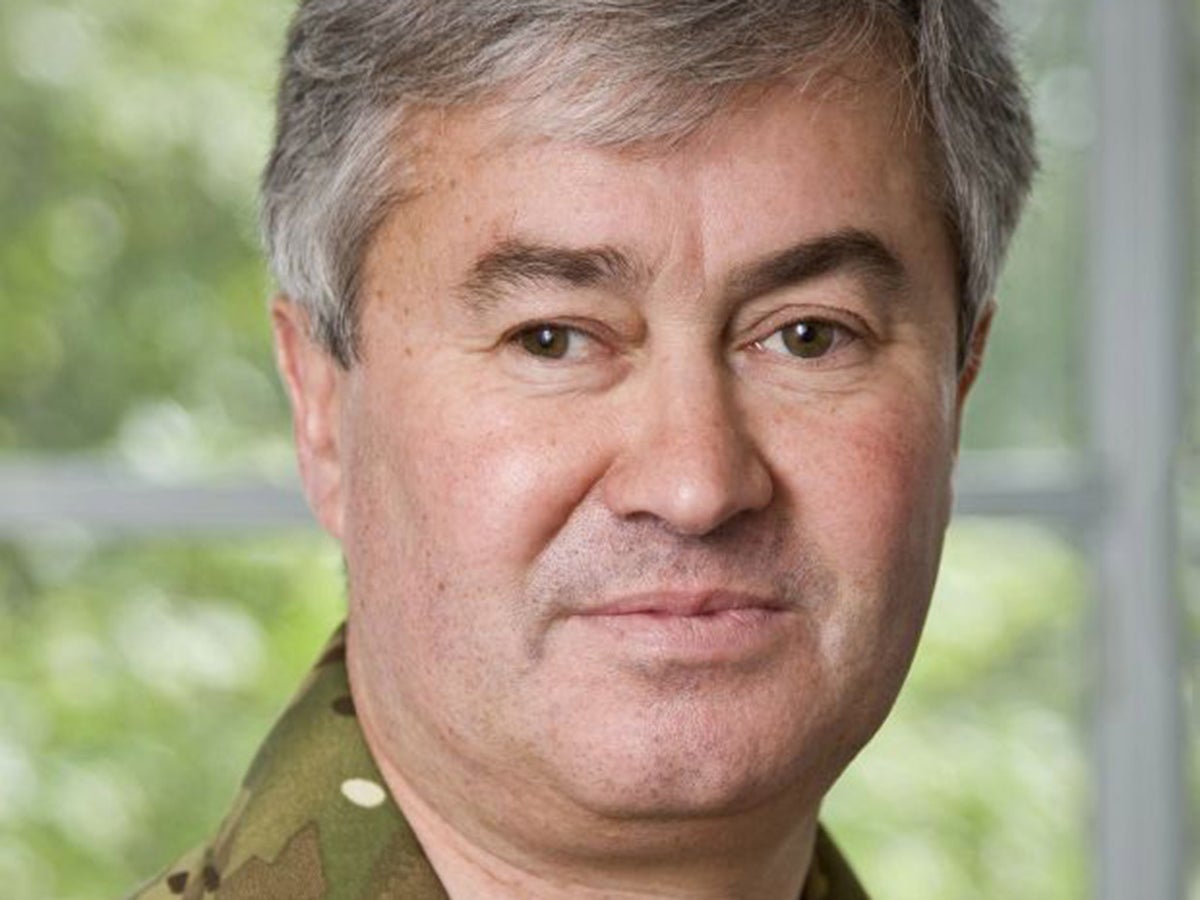
Government plans to use troops to break strikes and keep public services running have drawn warnings of discontent from the military and claims that the armed forces face being politicised.
Former commanders and serving senior officers say soldiers having to spend their third Christmas in a row working on non-military duties could be bad for morale, and should not be viewed as a solution to what may become long-running industrial disputes.
The government is due to hold a Cobra meeting on Wednesday – the second this week – to discuss “plans to limit disruption since unions first proposed strikes”, after which further details on possible military involvement are expected to be announced.
The meeting comes on the second day of an RMT walkout which brought services on much of Britain’s railway network to a standstill on Tuesday, and on the eve of the first national nursing strike in a generation.
Royal Mail workers were staging their latest 48-hour stoppage from Wednesday, prompting the company to bring forward the last first-class posting date for Christmas delivery to 16 December.
And midwives in Wales and physiotherapists in England and Wales voted to strike for better pay.
The Office for National Statistics said 417,000 working days were lost to labour disputes in October, which is the highest since November 2011.
Around 1,000 armed forces personnel are due to be deployed on military aid to the civil authorities (MACA) over Christmas. Six hundred of them are currently under training to cover for striking Border Force staff at ports and airports, while others are likely to be called up for emergency duties during the ambulance workers’ strikes planned for 21 and 28 December.
Official figures obtained by Liberal Democrats revealed that only 40 Army paramedics are trained to NHS standards.
Military personnel will not be asked to undertake clinical activities during industrial action, but the party’s health spokesperson Daisy Cooper said that the figures reflected the “patchwork” nature of the government’s response to industrial action.
The armed forces are not allowed to strike or take part in any industrial action, and the pay award for rank and file last year was 3.75 per cent compared to the annual inflation rate of 11.1 per cent. Border Force staff are seeking a 10 per cent pay rise.
“Soldiers who will have to cover for strikes over Christmas know they will be doing so for people who will be spending Christmas with their family at home, who are earning more than them and also have the right to go on strike,” General Sir Richard Barrons, a former commander of joint operations, told The Independent.
“They will be once again working to help the civil authorities at a time when they are not getting the training and equipment they need. Some, who are already a bit fed up, may leave as a result.
“These service personnel have already worked over Christmas in the last years over Covid and other duties. They are facing the same cost of living issues as everyone else. What would be good is if the government recognises what they are doing, perhaps a Christmas bonus. That is something to be considered.”
Lord Richard Dannatt, the former head of the army, warned that troops being forced to miss Christmas with families could damage morale and also foresaw some soldiers quitting. “Soldiers might decide they’ve had enough of bailing the government out of the muddles it gets itself into,” he told the Mail on Sunday. “They might think: ‘I joined to be a soldier, not a strike-breaker.’”
One defence official told The Independent: “The terms of MACA are quite broad, but the problem is that we have had to increasingly deal with issues which are not natural emergencies. At the same time we are acutely aware, of course, that we have a war going on in the heart of Europe and that is our primary focus.
“With the economic situation as it is, there is always the likelihood of further industrial action in the future. And the question is whether we have to provide cover on a rolling basis for this? How viable is that? These are serious issues that need to be addressed.”
Meanwhile, the Police Federation warned ministers against calling on officers to join the military filling in for striking workers.
The policing union’s national chairman Steve Hartshorn said that any request for assistance was of “grave concern”.
Putting officers in ambulances would mean they are “not performing their police duties”, he warned.
In response to concerns about the use of MACA, cabinet secretary Oliver Dowden has reiterated the government’s line that the public should blame the unions for any problems.
“The government will do everything possible to mitigate the impact of this action, but the only way to stop the disruption entirely is for the union bosses to come together and call off these damaging strikes,” he said.
New polling showed public support for industrial action declining, but still strong.
Some 40 per cent of those questioned by pollsters Savanta blamed the government for the strikes, against 37 per cent blaming the unions and 11 per cent the workers.
Overall support for rail strikes fell from +21 in October to +13 now. In that period, the RMT union announced further strikes over the festive period.
- Savanta interviewed 2,134 UK adults online on 9–11 December.







